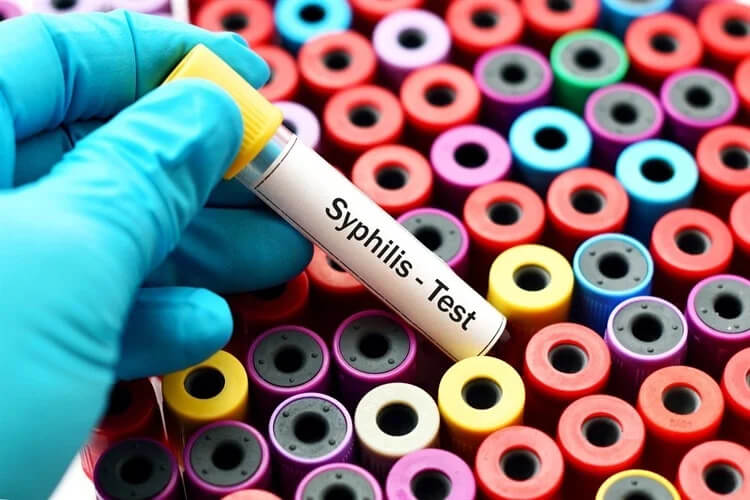Uncovering Uncertainties: STD Testing for Syphilis and Safeguarding Your Sexual Health with Specialty Care
Sexual health is an integral part of your overall well-being. Engaging in safe and healthy sexual practices is essential, but uncertainties can arise. If you experience any potential STD symptoms, such as unusual sores, genital burning, or unexplained pain, it’s crucial to seek confidential STD testing to ensure your health and the health of your sexual partners. Sexually transmitted diseases (STDs) are infections that can be transmitted through sexual contact. Syphilis is a bacterial STD that can progress through various stages if left untreated. In the early stages, syphilis may cause painless sores or ulcers on the genitals, rectum, or mouth. As the infection progresses, it can affect various organ systems and lead to serious health complications. Early detection and treatment of syphilis are essential to prevent complications and ensure effective management. Seeking confidential STD testing with specialty care can alleviate anxieties and provide a comfortable, reliable, and judgment-free environment for evaluation.

Why Prioritize STD Testing for Syphilis? The Importance of Early Detection and Treatment
Preventing Complications and Protecting Your Health:
Early detection and treatment of syphilis can significantly reduce the risk of complications, such as damage to the heart, nervous system, and organs. Prompt treatment can also prevent the transmission of syphilis to sexual partners.
Peace of Mind and Informed Decisions:
Knowing your STD status, including syphilis, empowers you to make informed decisions about your sexual health and the health of your partners. Undergoing confidential testing can provide peace of mind and allow you to address any necessary treatment plans promptly.
Promoting Responsible Sexual Practices:
Addressing potential STD symptoms, including concerns about syphilis, and undergoing confidential testing promotes responsible sexual behavior and encourages open communication with your sexual partners about sexual health and testing.
Benefits of Seeking Specialty Care for Confidential STD Testing: Discretion, Expertise, and Support

Confidentiality and Non-judgmental Environment:
Specialty care providers prioritize patient confidentiality. You can discuss your concerns about STDs and syphilis openly and receive testing without judgment, ensuring a comfortable and safe environment.
Expert Evaluation and Testing Options:
Specialty care providers are equipped to conduct a thorough evaluation of your symptoms and medical history. They can perform physical examinations and order specific tests to determine the presence of syphilis and provide an accurate diagnosis.
Access to Comprehensive Testing:
Specialty care clinics offer a range of STD testing options, including those specifically designed to detect syphilis. This ensures a comprehensive evaluation of your sexual health.
Effective Treatment Plans and Ongoing Support:
If syphilis is diagnosed, specialty care providers can design effective treatment plans with antibiotics. They can also offer ongoing support and guidance throughout the treatment process and address any questions or concerns you might have about your sexual health.
Convenient and Accessible Testing Options:
Specialty care clinics often offer convenient appointment scheduling and flexible testing options, catering to busy lifestyles and ensuring easy access to confidential testing services.
Common STD Testing Options Available with Specialty Care: A Tailored Approach
Syphilis-Specific Tests:
Dark-field microscopy: This test examines a sample of fluid from a sore under a microscope to detect syphilis bacteria.
Serologic tests: These blood tests detect antibodies produced by the body in response to syphilis infection. Different tests are used at various stages of syphilis.
Testing for Other STDs:
Specialty care providers can also perform tests for other common STDs, such as chlamydia, gonorrhea, and HIV. This comprehensive approach ensures a thorough evaluation of your sexual health and allows for the detection and treatment of any co-occurring infections.
